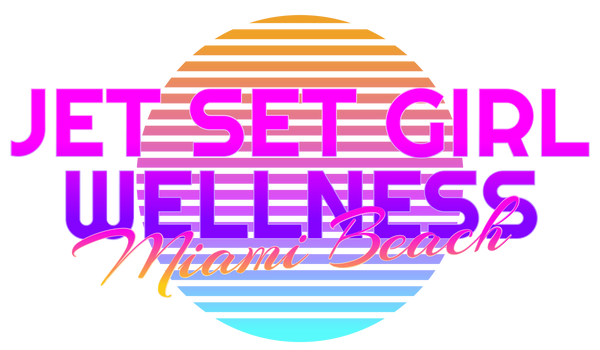In the pursuit of a long and vibrant life, many of us turn to a healthy diet, regular exercise, and adequate sleep. However, in today's fast-paced world, it's not always easy to get all the nutrients our bodies need from food alone. That's where supplements come in, offering a convenient way to fill in the nutritional gaps. If you're looking to enhance your longevity and well-being, consider incorporating the following five supplements into your daily routine.
- Ashwagandha: The Stress Buster Click Here to Get Your Stress Buster!
Benefits: Ashwagandha, an adaptogenic herb used in traditional Ayurvedic medicine, has gained popularity for its stress-reducing properties. Chronic stress is a known contributor to various health issues, including premature aging. Ashwagandha helps the body adapt to stressors, promoting a sense of calm and balance. Additionally, studies suggest it may support immune function and enhance brain health.

- Omega-3 Fatty Acids: Heart and Brain Boost
Benefits: Omega-3 fatty acids, found in fish oil or algae supplements, are renowned for their heart-healthy benefits. These essential fats support cardiovascular function by reducing inflammation and improving cholesterol levels. Moreover, omega-3s play a crucial role in brain health, promoting cognitive function and potentially reducing the risk of age-related cognitive decline.

- Vitamin D: The Sunshine Vitamin
Benefits: Often referred to as the "sunshine vitamin," Vitamin D is vital for bone health, immune function, and overall well-being. Many people have insufficient levels of Vitamin D, especially those with limited sun exposure. Supplementing with Vitamin D can contribute to strong bones, a robust immune system, and may even play a role in preventing chronic diseases.

- Turmeric (Curcumin): Anti-Inflammatory Powerhouse
Benefits: Turmeric, and its active compound curcumin, is a potent anti-inflammatory and antioxidant. Chronic inflammation is linked to various age-related diseases, and curcumin's anti-inflammatory properties may help combat this. It also shows promise in supporting joint health, cognitive function, and may contribute to a reduced risk of heart disease.

- Probiotics: Gut Health for Longevity
Benefits: A healthy gut is crucial for overall well-being, and probiotics are the friendly bacteria that support digestive health. These microorganisms contribute to a balanced gut microbiome, aiding in nutrient absorption, immune function, and even mental health. Maintaining a diverse and balanced gut microbiota has been associated with a lower risk of chronic diseases.
Remember, while supplements can complement a healthy lifestyle, they are not a substitute for a well-rounded diet and regular exercise. Before adding new supplements to your routine, it's advisable to consult with a healthcare professional, as individual needs may vary. Embracing a holistic approach to health, including a nutritious diet, physical activity, and stress management, will contribute to a longer, more fulfilling life.



